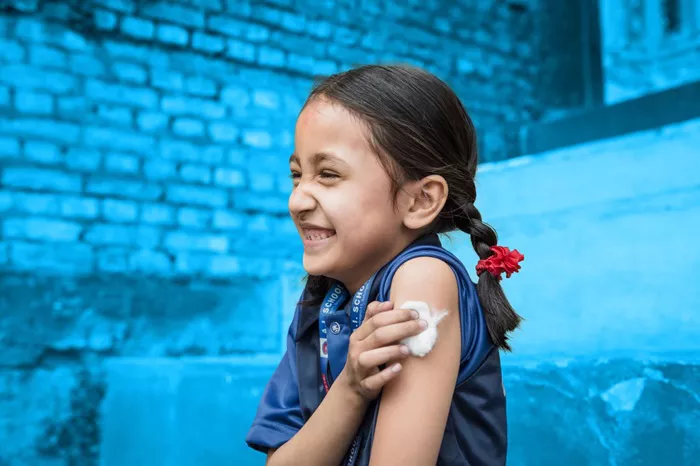UNICEF delivered vaccines to over 600,000 children and pregnant women in North Korea this week, the organization announced on Thursday. The agency called on Pyongyang to allow U.N. aid workers back into the country.
More than four million doses of various vaccines were delivered via chartered flights on Monday, Tuesday, and Thursday, according to a U.N. press release.
The shipments included:
680,000 doses of Bacille Calmette-Guerin vaccine
309,500 doses of Hepatitis B vaccine
1,339,000 doses of Measles-Rubella vaccine
291,400 doses of Pentavalent vaccine
1,092,000 doses of Tetanus-diphtheria vaccine
495,600 doses of Inactivated Polio Vaccine
Most of these vaccines will be used in September for a nationwide catch-up campaign, the release stated. The vaccines will be given to children and pregnant women who have missed vaccinations since 2021. Babies born this year who have not received any vaccines will also be included. The remaining doses will be used to restore the regular immunization program.
UNICEF noted that North Korea’s national immunization coverage dropped sharply with the onset of COVID-19. Strict border restrictions led to the exhaustion of vaccine stocks, with coverage exceeding 96% before the pandemic.
Roland Kupka, UNICEF’s Acting Representative in North Korea, called the return of vaccines a significant milestone for children’s health and survival. He urged North Korean authorities to allow the earliest possible return of UNICEF and all U.N. international staff.
The humanitarian mission was organized with the Gavi Vaccine Alliance and the World Health Organization, according to the press statement. UNICEF also assists North Korea’s health ministry in transporting vaccines to provincial and county warehouses.
The arrival of vaccines coincided with a visit by Qu Dongyu, head of the U.N. Food and Agriculture Organization, to Pyongyang from July 13-16. This was the first trip by international humanitarian officials to North Korea since the last aid workers left in 2021.
Experts have welcomed the FAO chief’s visit, hoping it will lead to renewed cooperation between North Korea and international aid agencies.
While North Korea has been reluctant to welcome aid staffers, it has allowed multiple foreigners, mainly from China and Russia, to enter the country. Officials, exchange students, and tourists have been visiting the DPRK.


